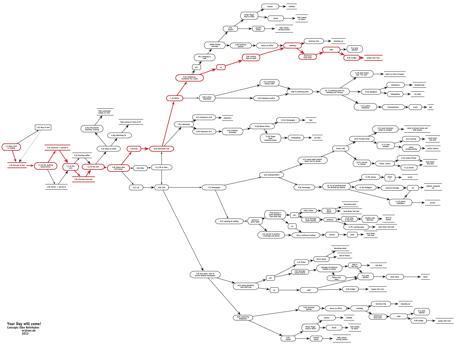The plot is a daily routine. As no one knows what will happen over the course of a day, chances are taken or opportunities missed, because the twelve hours of the day (compressed in 4 min movie runtime) offer a lot of choices.
A day like every other day – the alarm clock rings, one gets dressed, sips a cup of coffee before leaving the house – but then? The advancement of the story depends on the participation of the viewer. Will the viewer become part of a love story, of a detective story – or will his day just pass by, staying in bed?
The sequence of events is initiated by the viewer himself, with the aid of simple gestures when watching the movie. Little movements, like the turning of the head or lifting the arm designate him to be the protagonist in the movie, the good guy or the bad one, the one who moves the story along. The plot is not supposed to be connected to a certain period or place, it shall rather be emphasised that the possibility of parallel times, detached from space, exists.
The movie will be shot as a 3D stereo stop-motion film in black/white and the movement of the viewer will be captured by a Kinect sensor and analysed by Kinetic Space, a tool developed by Matthias Wölfel. It allows recording and recognising customised 3D gestures using depth images of the Kinect sensors. The unique analysis routines allow to not only detect simple gestures such as pushing, clicking, forming a circle or waving, but also to recognise complex gestures as, for instance, used in dance performances or sign language. This allows controlling the movie by active as well as passive gestures which is in stark contrast to all previously user controlled movies where only the active behaviour (like pushing a button to select) could be used. In particular the inclusion of ‘passive user behaviour’ allows for a new form of storytelling.


